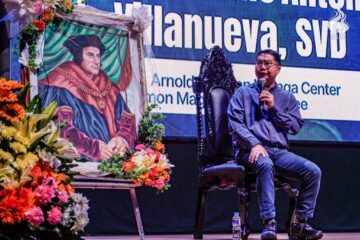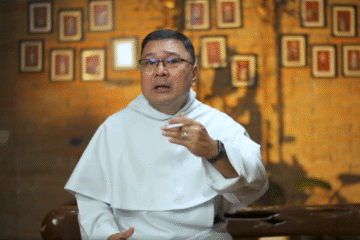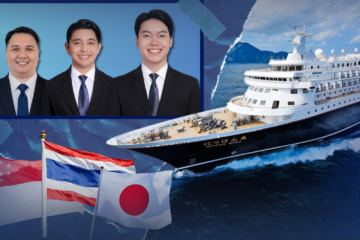COMMUNITY HEALTHCARE workers bridge the gap between health institutions like the Department of Health (DOH) and the community, a physician said Wednesday in an online roundtable discussion.
Dr. Tina Ignacio-Alberto, the founder of Hope in Me Club, an organization of volunteer patients and doctors in Cavite, emphasized that the real frontline is not in hospitals nor big institutions, but in the community.
“We are community educators, we are the ones who can integrate healthcare programs in our community, [and] we can also mobilize our community to promote health programs,” said Alberto.
Meanwhile, head of Mission and First Counsellor of the Embassy of France in Manila, Fabrice Fize, urged institutions to reaffirm commitment to the health systems of the most vulnerable countries with the view of achieving universal health coverage.
“Facilitating access to primary health care, which mainly relates to proximity care, is essential for building an inclusive national health system,” added Fize.
Program Implementation and Outreach Division head of the Health Promotion Bureau of DOH Dr. Alfonso Regala said that health promotion is about creating environments where people know how to keep themselves healthy and are able to act on that knowledge.
“This is where the different sectoral partnerships come in because we are all part of that environment [and] we can co-create strategies that acknowledge existing efforts on the ground,” said Regala.
Carlos Hechanova, the executive director for Development of Makesense Philippines and lead Coordinator of Health4All, said that community and medical leaders are equally vital for health solutions to communities.
“Medical professionals, community leaders, and the communities themselves all possess complementary forms of expertise that are valuable in a health crisis,” Hechanova said.
Hechanova explained that the community leaders and stakeholders should create a dialogue with the medical experts.
Sanofi Pasteur general manager Jean-Antoine Zinsou believes that the spirit of shared responsibility and mutual concern will drive transformation in the health system.
“The multi-stakeholder approach (of Health4All) involving NGOs, communities, health experts, health institutions, and startups, all assisted by Makesense, would be of great help to tackle the complex health issue that the Philippines is facing,” Fize explained.
Health4All is a coalition of medical and health organizations, community organizations, and health startups aiming to unite healthcare experts and engage citizens in building healthier communities.
Health4All is powered by Makesense Philippines, a global organization advocating social engagement, in partnership with Sanofi Philippines, a pharmaceutical industry company.
Misinformation vs vaccine confidence
Alberto claimed that the number one threat to vaccination is misinformation as it became rampant in social media.
“One of the best preventive tools is the vaccination. Vaccines save millions of lives and prevent a huge number of disabilities resulting from the vaccine-preventable diseases,” Zinsou said.
Fize urged everyone to build trust in the health systems and access reliable information about vaccination.
Meanwhile, Zinsou said that collaboration with the youth can help in shaping the institutions’ approach to the public in conveying health-related messages.
Hechanova stressed that the youth are the most agile and savvy communicators, capable of approaching communities from grassroots solutions and boosting the health workforce.
“The Philippines to date has the largest generation of young people in our history, ever,” said CEO of digital healthcare company Alaga Health, Dr. Dexter Galban.
The country’s economy is primarily fueled by young working-age Filipinos, who significantly contribute to production, commerce, and growth, Galban said.
He said that he is hopeful that the youth could channel their passion toward making social enterprises and innovating ways to boost health literacy.
The forum “Health4All Media Roundtable” was conducted by Makesense Philippines with its key advocates who discussed building a sustainable healthcare system in the Philippines. F



